Exact Answer: 3 Years
CPA (Certified Public Accountant) is the exam developed and conducted by the American Institute of Certified Public Accountants (AICPA). Across this world, this exam is known as the highest standard of competence in accountancy. The purpose of this exam is to assess the knowledge and skills of its students which are required for practicing public accountancy. If you have a U.S. bachelor’s degree with some accounting course credits, then you can apply for this exam. But you also need the eligibility approval of one of the 55 state boards of accountancy in the United States, only then can you give this exam.
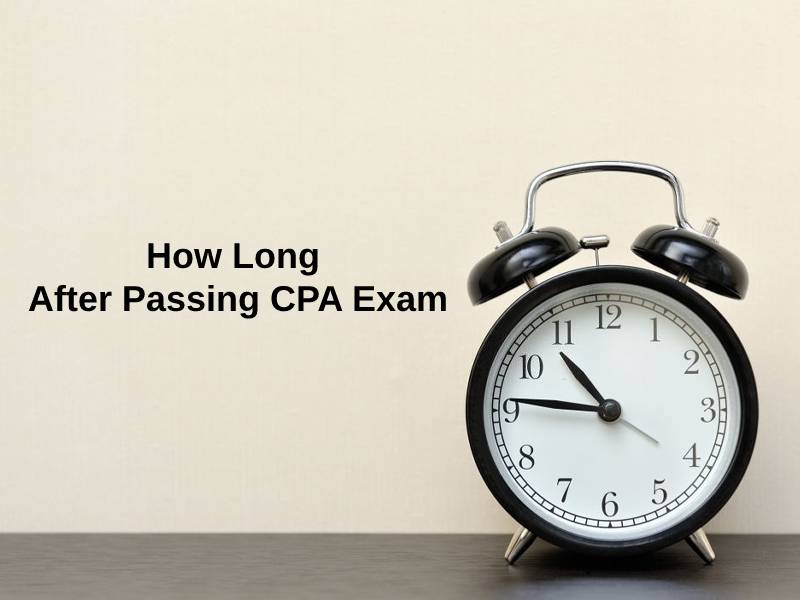
How Long After Passing CPA Exam?
| 150 credit hours (if remaining) | Within 3 years |
| Ethics Exam | Within 2 years |
| Work Experience | 1 or 2 years |
After you have successfully passed the CPA exam, there are few steps that you need to take before starting your actual work. Now is the time when you will have to complete the requirements which are needed to obtain a CPA license for that particular state where you wish to practice. But the requirements needed for the license differ from state to state. And you might have to wait for a long time till the AICPA sends you the approval for the license. To fulfill all the remaining requirements which are needed for the license, you’ll take almost 3 years.
In these three years, the requirements which you need to fulfill are education, an ethics exam, and one or two years of experience (depends on the state). You are supposed to acquire 150 credit hours of education to get the license. For these 150 credits, you’ll have to complete 30 semester hours in subjects related to accountancy and 24 semester hours in subjects related to business administration. You’ll also need to finish 15 semester hours or more in accountancy at the graduate level, i.e., one year of a Master’s degree. And finally, you’re expected to have work experience of at least one year or more, and this work experience is verified by a licensed CPA. But the requirement for work experience depends on the state where you wish to work.
The license for CPA expires after every two years. Thus, for the license renewal process, you are expected to complete 80 to 120 hours of CPE after every two years. And you are supposed to attach the documents proving your CPE completion on the license renewal application.
Why does it Take That Long After Passing CPA Exam?
As mentioned before, CPA applicants need to fulfill few requirements after they pass their CPA Exam. These requirements include education, ethics exam, and work experience. The license requires 150 credit hours. The applicants can pass the CPA exam with only 120 credits, but they must complete the remaining credits within 3 years after the CPA exam, to get the license.
To get a CPA license, the applicants must fulfill 3 E’s, i.e., education, exam, and experience. But some of the states also include a 4th E, which is the Ethics exam. The purpose of this exam is to help the applicants get a clear understanding of the ethical codes and challenging ethical problems they might face. Although this test is not required by all the states, some states have made this test a mandatory requirement to get the license. But the applicants are given some time to take the test. They can apply for this exam within two years after the CPA exam.
The last requirement is to get some work experience. Most states require the applicants to get one or two years of work experience, and this experience is supervised by a CPA license holder. You can either acquire this work experience before giving the exam or after the exam, it depends on the particular state requirements.
If you are unable to fulfill all the requirements with a period of three years, then you are needed to complete 120 hours of CPE. After completing those hours, you are expected to submit the report of the same.
Conclusion
Thus, you are given 3 years after passing the CPA exam to get the license. So, once you have completed all the 4 E’s, i.e., the requirements for getting the CPA license, you can submit the CPA license application form. If you are a foreign applicant, then you have a time restraint of obtaining the license within 3 years after the CPA exam. If you fail to obtain your license then you will have to give the exam once again. The applicants should always keep in mind that this license expires after every two years. Hence to keep the license active you must continue the professional education, i.e., completing 80 to 120 hours of CPE every two years.


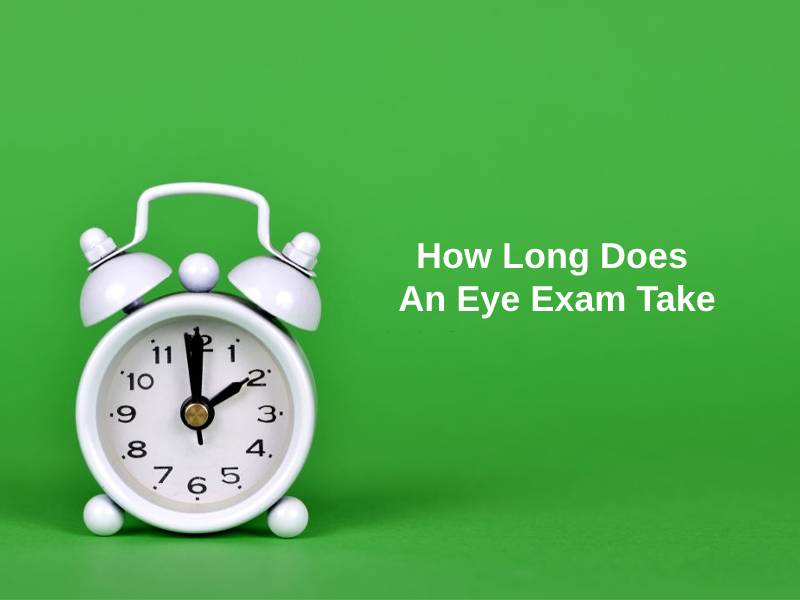
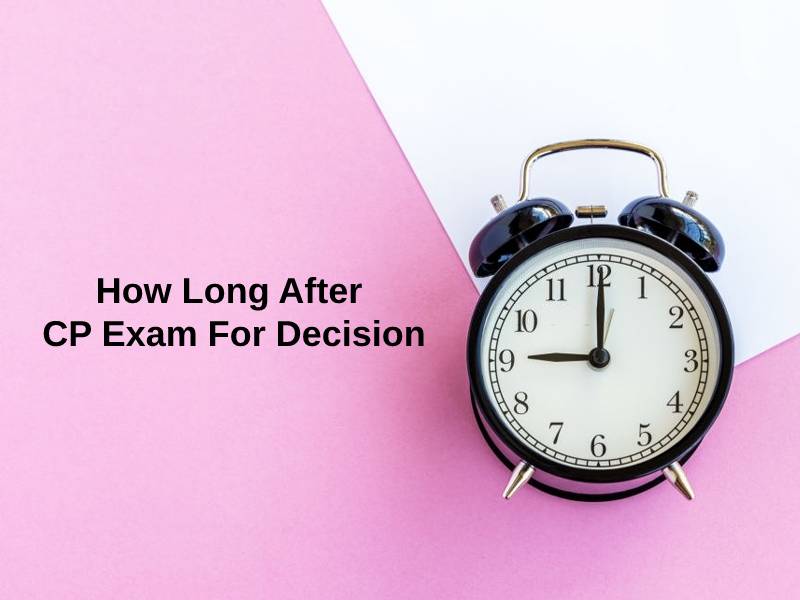
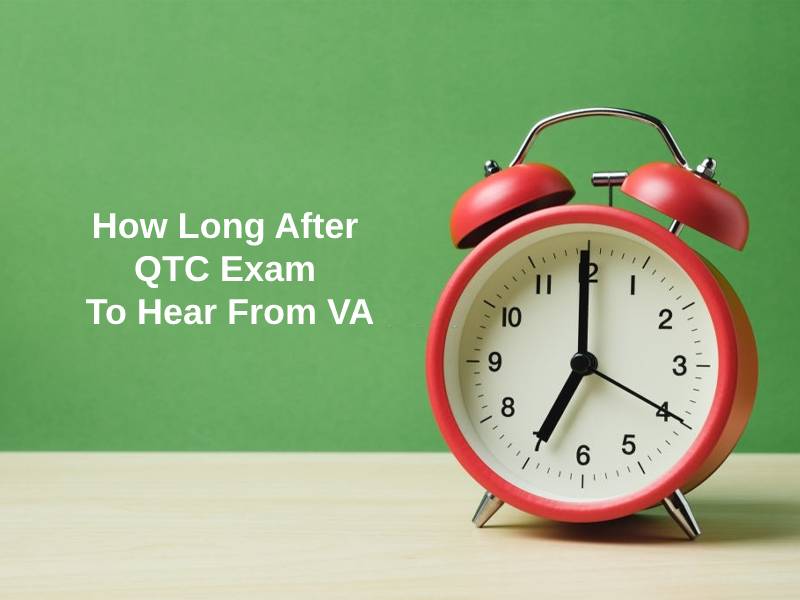
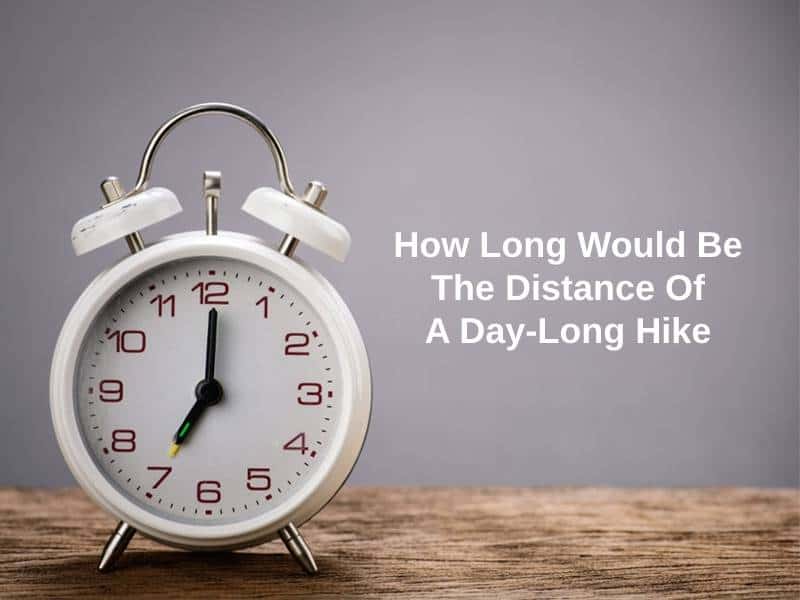

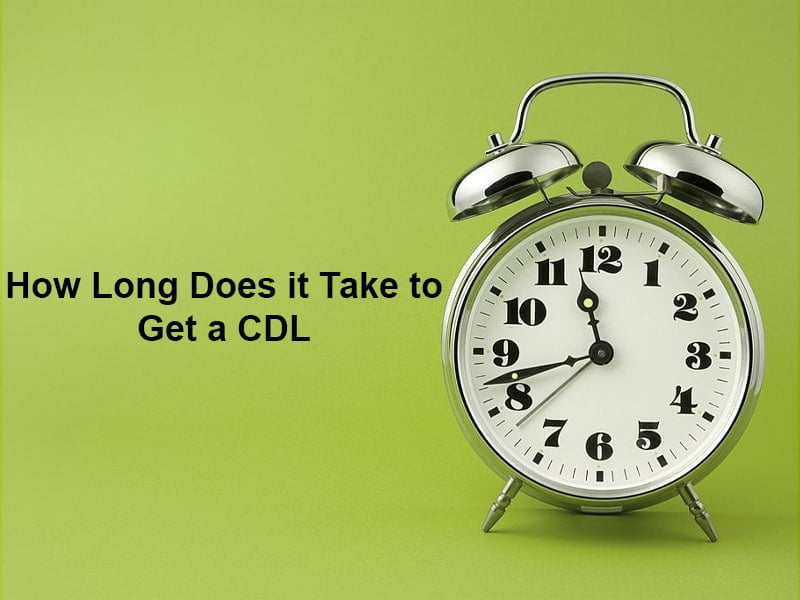
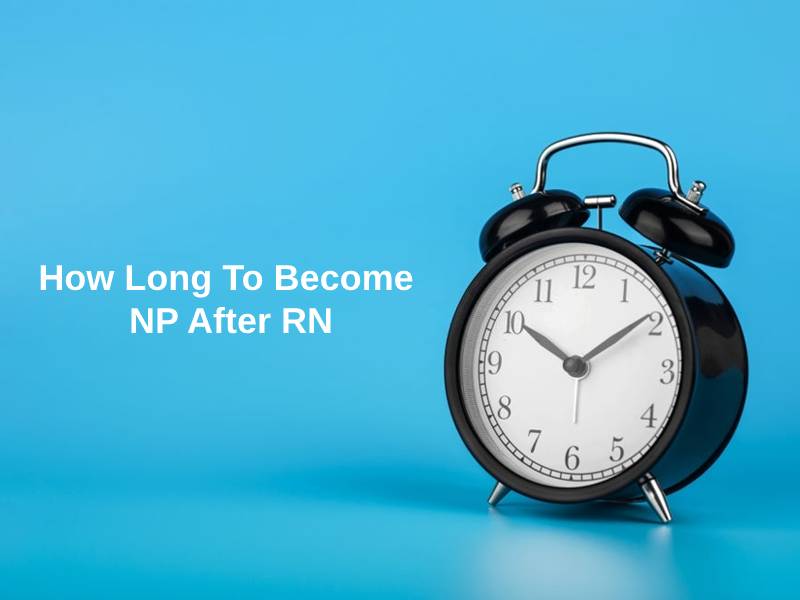




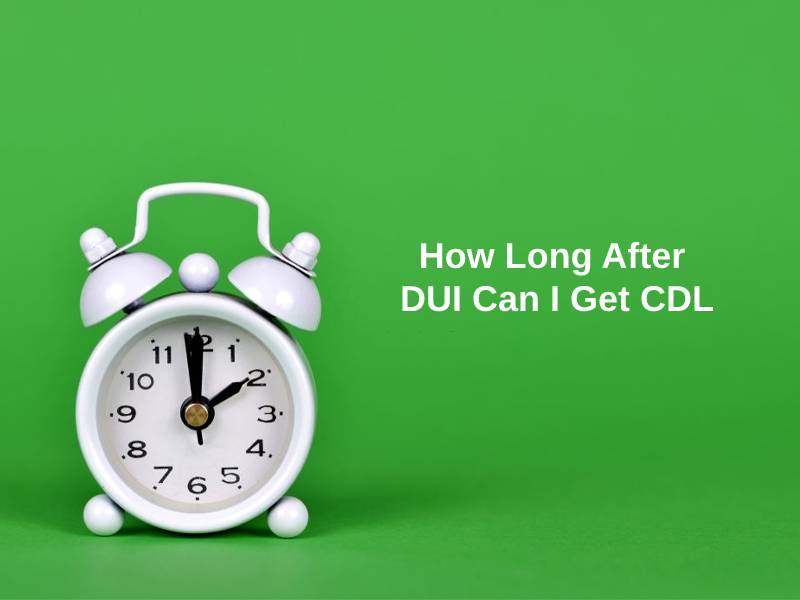
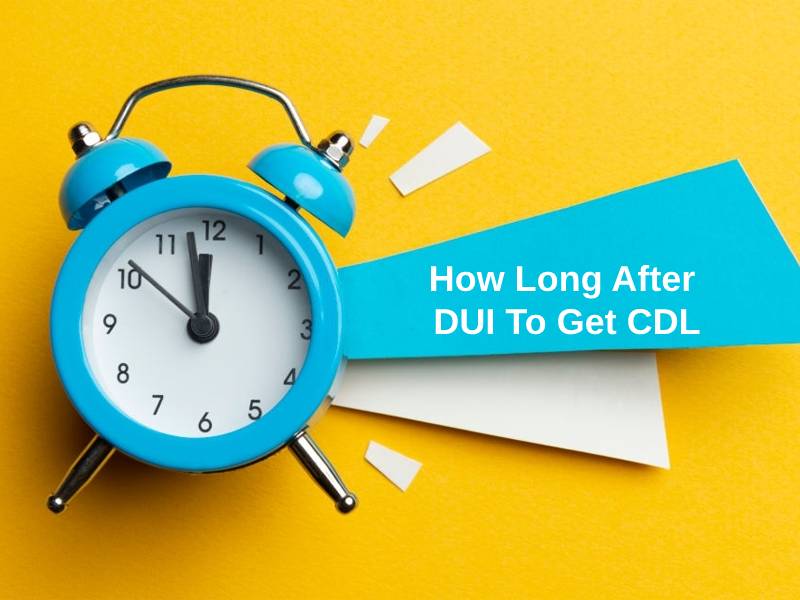
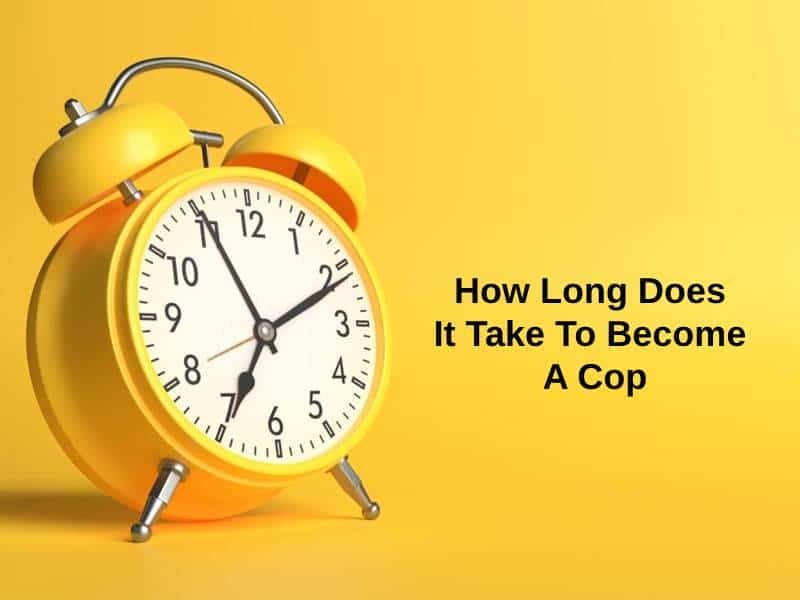
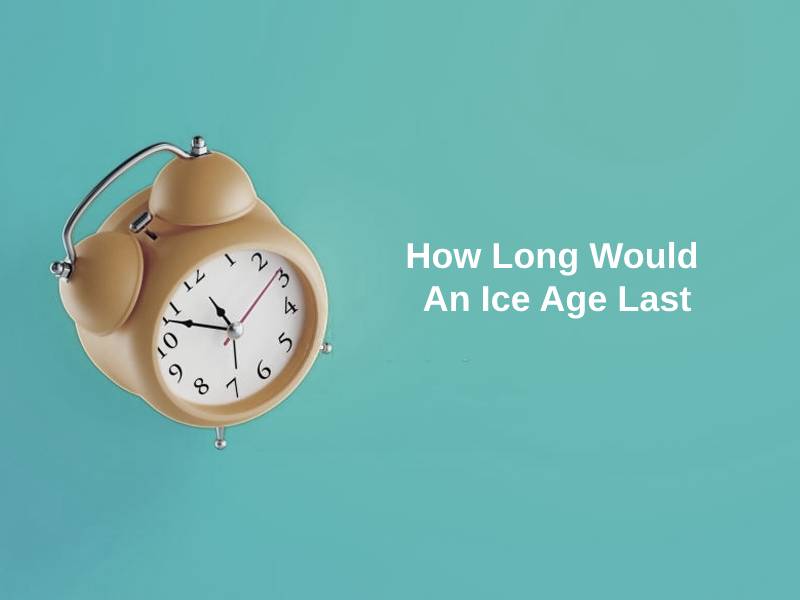
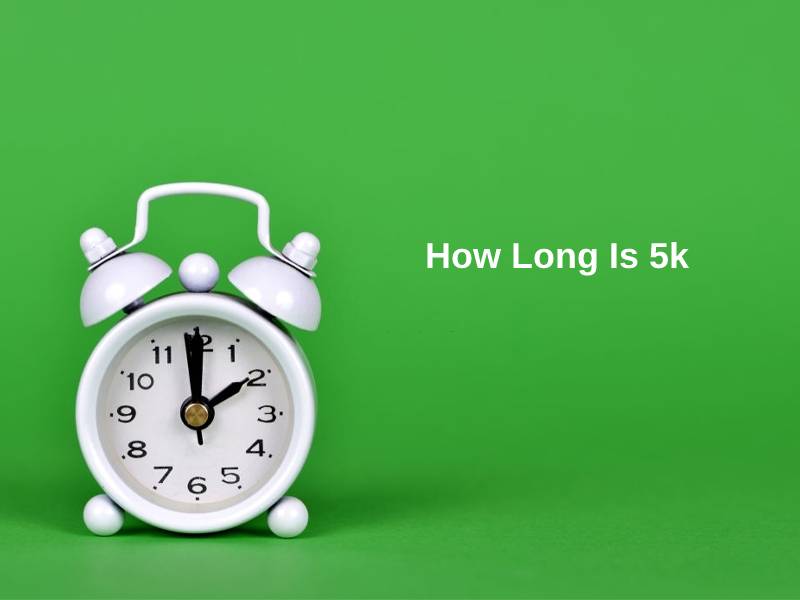
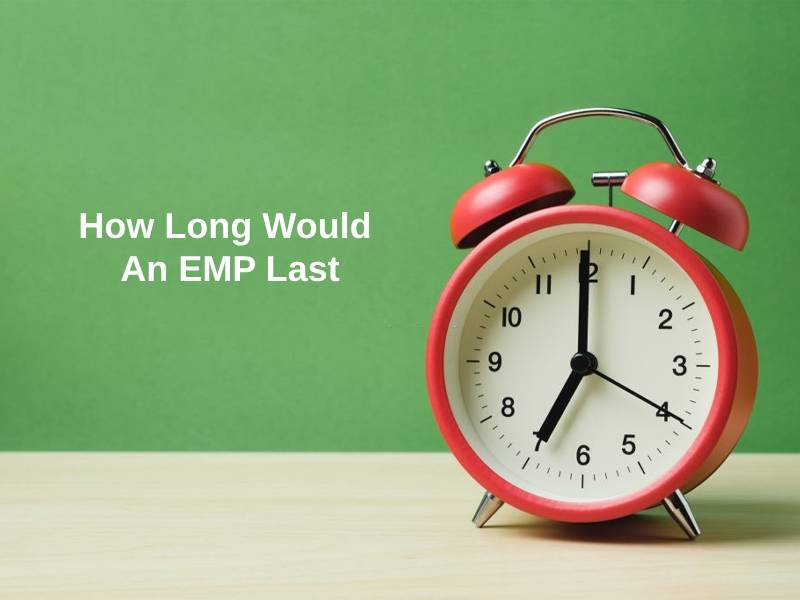
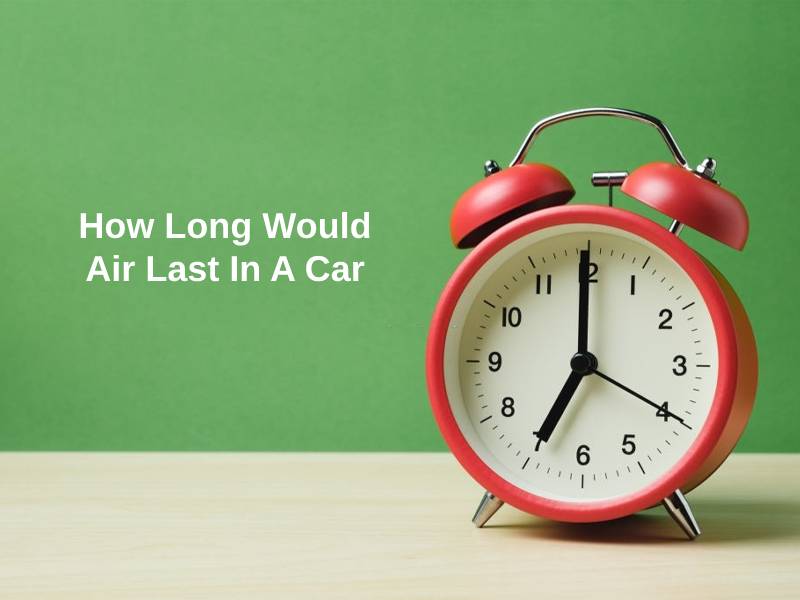
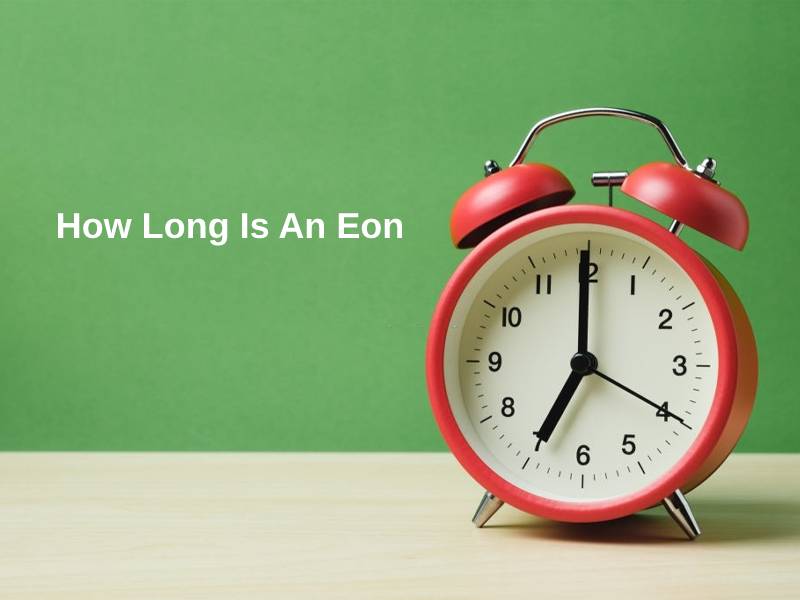
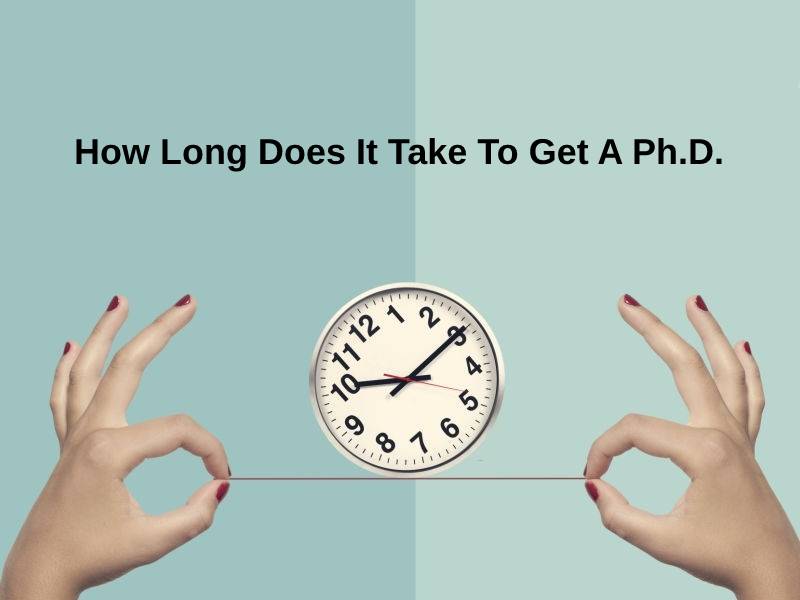


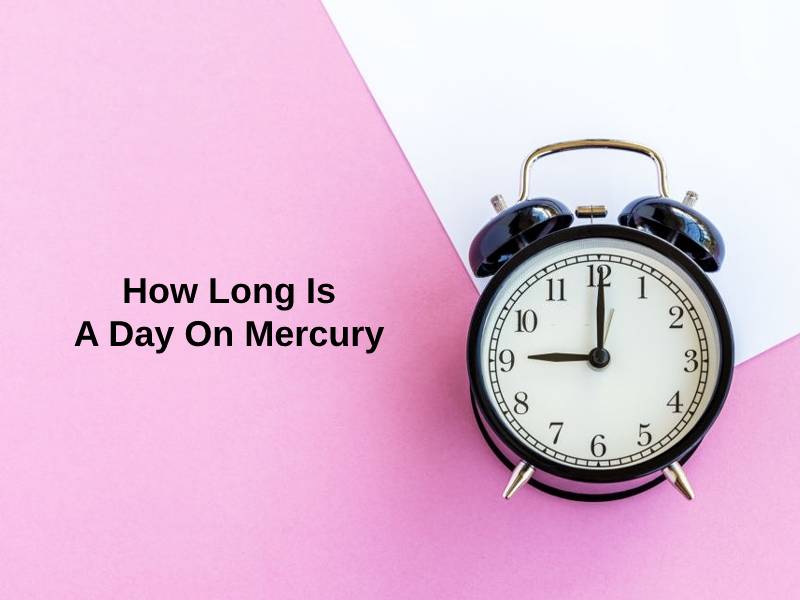
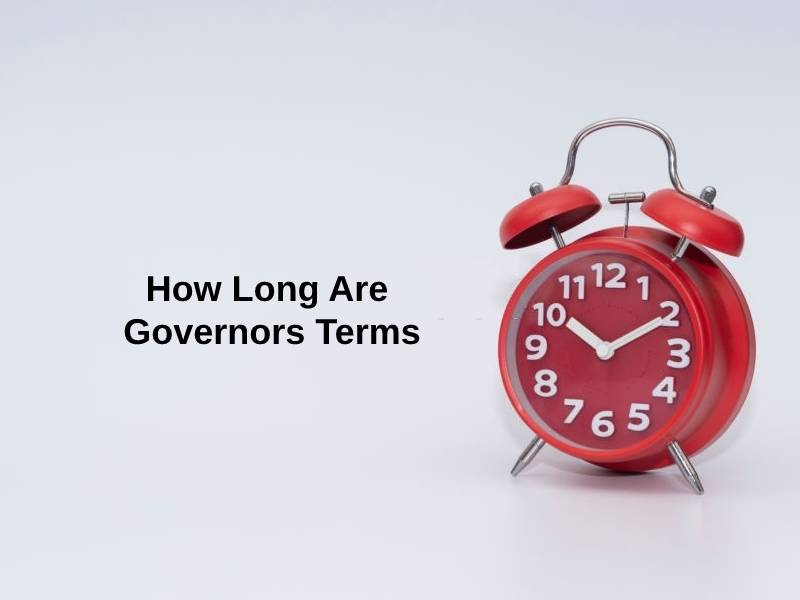

The 3-year time frame after passing the CPA exam seems reasonable, considering the various requirements and examinations involved in obtaining the license.
Absolutely, the duration allows candidates to fulfill the necessary conditions for acquiring the license in a systematic manner.
The 3-year period for fulfilling the CPA licensing requirements emphasizes the importance of thorough preparation and dedication to meet the professional standards.
Indeed, the duration reflects a commitment to ensuring candidates possess the necessary skills and competencies before obtaining the license.
The delineation of the 3-year period for obtaining the CPA license offers a realistic and informative perspective, ensuring candidates are aware of the time frame for meeting the licensure requirements.
Absolutely, the clarity provided regarding the post-exam requirements and the subsequent licensing process is crucial for candidates planning their professional trajectories.
The 3-year time constraint for obtaining the CPA license highlights the importance of meticulous planning and consistent adherence to the licensure requirements, offering a pragmatic perspective for candidates pursuing their accounting careers.
Agreed, the delineation of the licensure timeline underscores the significance of strategic preparation and sustained commitment to the professional standards of the accounting industry.
The article’s comprehensive explanation of the 3-year timeframe after passing the CPA exam sheds light on the commitments and preparations required for acquiring the license, serving as a valuable resource for prospective candidates.
Definitely, the insights provided are essential for individuals navigating the complexities of CPA licensure and establishing themselves in the field of accountancy.
The detailed outline of the requirements post-CPA exam enriches understanding of the time-sensitive licensing process, ensuring aspiring CPAs are equipped for the professional journey ahead.
The article effectively explains the time constraints and requirements for foreign applicants, offering valuable insights into the CPA licensure process for international candidates.
Agreed, the inclusion of information for foreign applicants broadens the scope of the article and addresses the global aspects of CPA licensure.
The details provided regarding the 3-year timeframe after passing the CPA exam offer clarity for foreign applicants navigating the licensing process in the United States.
This article provides a comprehensive explanation of the CPA exam and the process of obtaining the license. I found it very helpful. Thanks!
I agree, the details provided are quite informative and useful for those planning to pursue a CPA license.
The need for continuous professional education and renewal of the CPA license every two years underscores the significance of ongoing learning and development in the field of accountancy.
Absolutely, the emphasis on staying updated with CPE requirements reflects the dynamic nature of the accounting profession and the need for up-to-date expertise.
The requirements for CPA licensure and the timeline for obtaining the license are clearly delineated in the article, providing a comprehensive understanding of the process.
Indeed, the article presents a structured overview of the CPA licensure journey, offering valuable guidance for aspiring accountants.
The detailed explanation of the licensing process and the considerations involved in obtaining the CPA license is highly beneficial for individuals entering the field.
The article accurately outlines the education, ethics exam, and work experience criteria for obtaining the CPA license, providing a clear understanding for aspiring accountants.
Definitely, the breakdown of requirements in different states adds valuable insight into the diverse criteria for CPA licensure.
The information clarifies the complexities surrounding the license and ensures prospective CPAs approach the process with a comprehensive perspective.